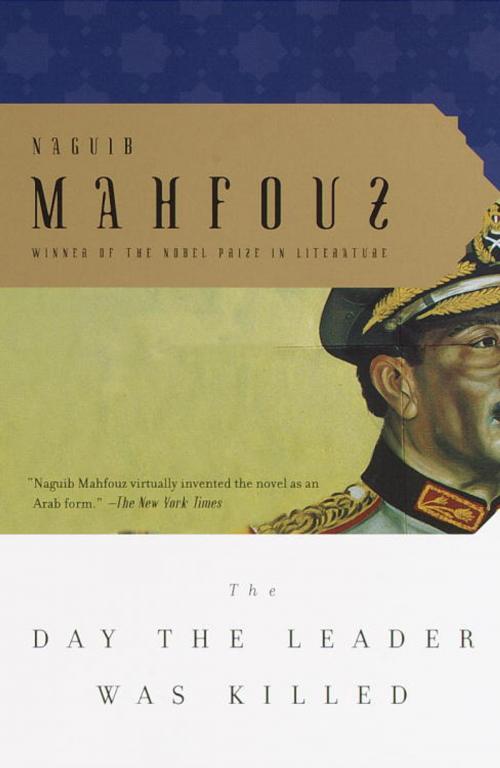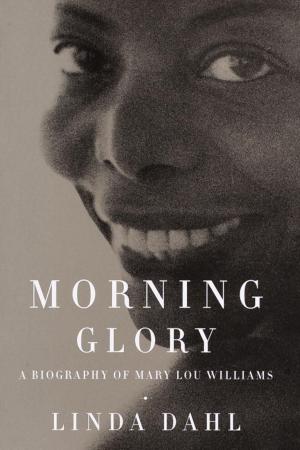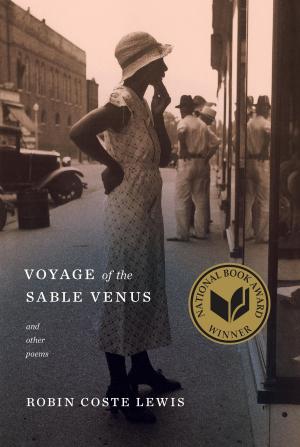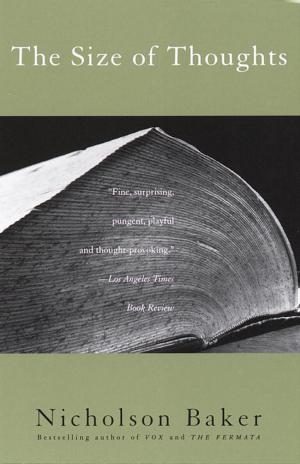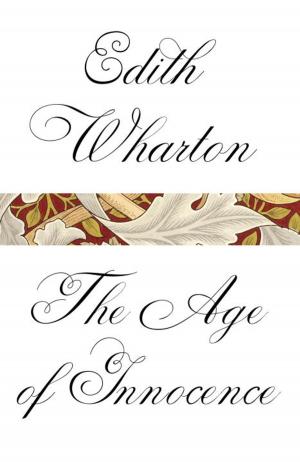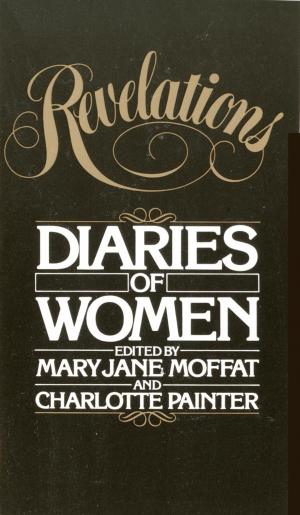| Author: | Naguib Mahfouz | ISBN: | 9780307483614 |
| Publisher: | Knopf Doubleday Publishing Group | Publication: | November 26, 2008 |
| Imprint: | Anchor | Language: | English |
| Author: | Naguib Mahfouz |
| ISBN: | 9780307483614 |
| Publisher: | Knopf Doubleday Publishing Group |
| Publication: | November 26, 2008 |
| Imprint: | Anchor |
| Language: | English |
From the Nobel Prize laureate and author of the acclaimed Cairo Trilogy, a beguiling and artfully compact novel set in Sadat's Egypt.
The time is 1981, Anwar al-Sadat is president, and Egypt is lurching into the modern world. Set against this backdrop, The Day the Leader Was Killed relates the tale of a middle-class Cairene family. Rich with irony and infused with political undertones, the story is narrated alternately by the pious and mischievous family patriarch Muhtashimi Zayed, his hapless grandson Elwan, and Elwan's headstrong and beautiful fiancee Randa. The novel reaches its climax with the assassination of Sadat on October 6, 1981, an event around which the fictional plot is skillfully woven. The Day the Leader Was Killed brings us the essence of Mahfouz's genius and is further proof that he has, in the words of the Nobel citation, "formed an Arabic narrative art that applies to all mankind."
From the Nobel Prize laureate and author of the acclaimed Cairo Trilogy, a beguiling and artfully compact novel set in Sadat's Egypt.
The time is 1981, Anwar al-Sadat is president, and Egypt is lurching into the modern world. Set against this backdrop, The Day the Leader Was Killed relates the tale of a middle-class Cairene family. Rich with irony and infused with political undertones, the story is narrated alternately by the pious and mischievous family patriarch Muhtashimi Zayed, his hapless grandson Elwan, and Elwan's headstrong and beautiful fiancee Randa. The novel reaches its climax with the assassination of Sadat on October 6, 1981, an event around which the fictional plot is skillfully woven. The Day the Leader Was Killed brings us the essence of Mahfouz's genius and is further proof that he has, in the words of the Nobel citation, "formed an Arabic narrative art that applies to all mankind."
